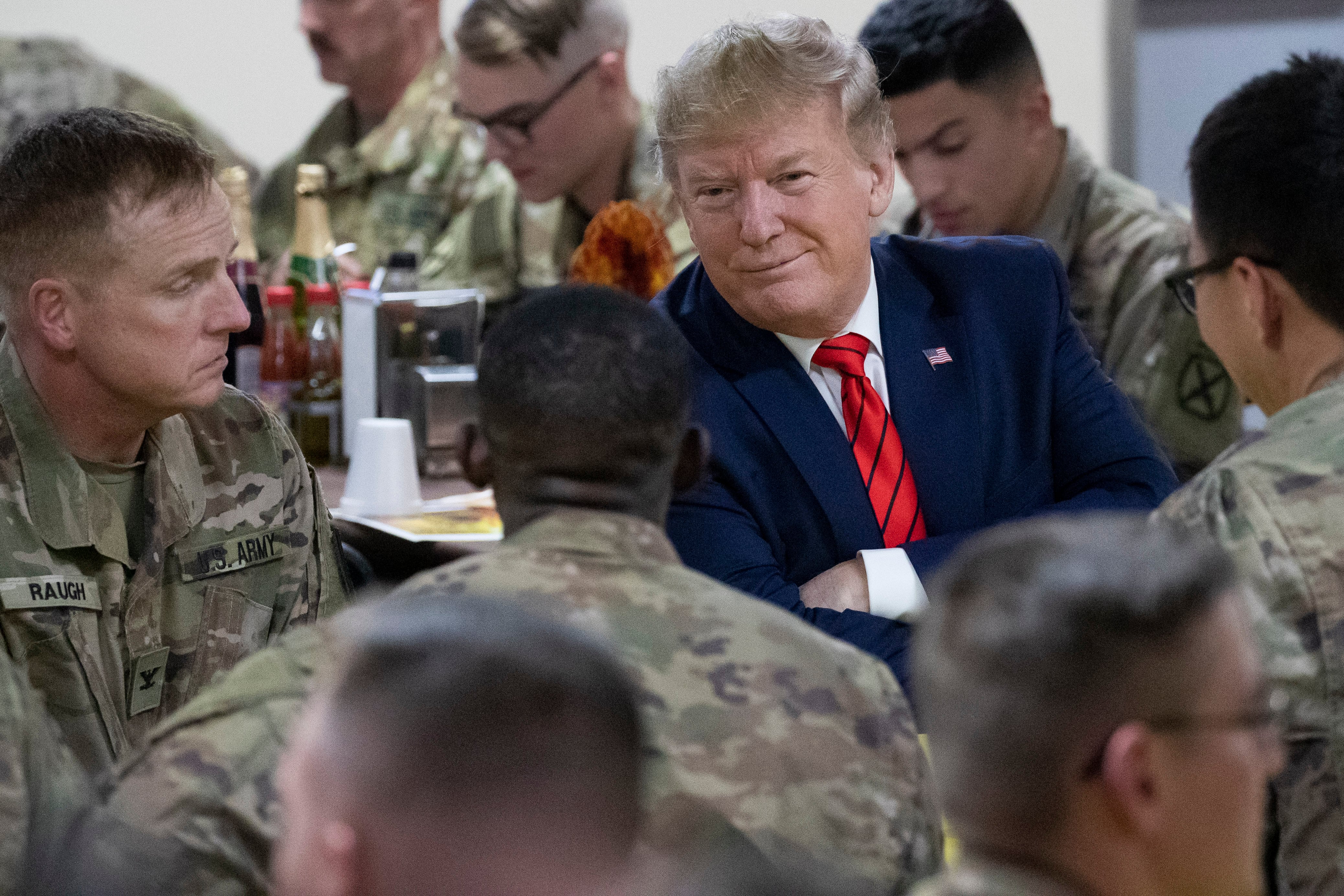Congressional leaders from both parties warned Monday that a presidential veto of the annual defense authorization bill later this month could have devastating effects on the military, and leave lawmakers with few solutions to fix that damage.
“The short term damage is likely that (troops) won’t get paid bonuses,” said House Armed Services Committee Chairman Adam Smith, D-Wash., in a conference call with reporters on Monday. “Training will stop on a number of very large training areas across the country. We will also have (military construction) projects that will be disrupted…
“Our ability to properly reform the Pentagon stops. So, it’s bad. And we are going to do everything we can to try and avoid it.”
Smith’s comments came just a day before an expected House vote on the $740.5 billion defense budget policy measure, which has drawn the ire of President Donald Trump in recent days for its lack of language dealing with legal protections for social media companies.
RELATED
Fate of sweeping military personnel policies, family support plans rests on Trump’s veto threat
Trump has also objected to language in the measure that would require military officials to rename multiple sites — including at least 10 major Army bases — that currently honor Confederate leaders.
The Senate is scheduled to vote on the measure later in the week. Smith and his Republican counterpart, House Armed Services Committee ranking member Rep. Mac Thornberry, R-Texas, each predicted that both chambers will have enough votes not only to finalize the bill but override any potential presidential veto.
But they also cautioned that if the president does successfully scuttle the measure, troops and their families will suffer.
“Military families are going to see their compensation cut, and that is undoubtedly the effect if we don’t pass an authorization bill,” Thornberry told reporters Monday. “Plus, there are a lot of new benefits — good things in this bill — that would not take place.
“There are 13 new projects for family housing, schools, child development centers. There are seven projects that deal with safety and security, like perimeter fencing, base access control, fire stations. You just go through this list and those things can’t happen without an authorization bill.”
RELATED

Thornberry, like Senate Armed Services Committee Chairman Jim Inhofe, R-Okla., said Trump’s plan to repeal the liability shield for social media companies, known as Section 230, does not belong in the sprawling defense bill. Both men have said that Congress needs to address the issue, but not at the expense of risking military re-authorizations and reforms.
Both Smith and Thornberry warned that if the authorization isn’t finalized by the end of session (Jan. 3), there is no alternative plan in the works.
Reviving the bill in January under the new president would be a near-impossibility logistically, and would still delay final passage by months. Smith said a bare-bones version of the measure to give authorization to pay and benefits provisions wouldn’t work either.
“A skinny bill is not an option because there are demands and priorities that people have that the skinny bill will not address, and then we won’t have the votes,” Smith said.
“Here’s the other thing: the president isn’t vetoing the bill because of anything that’s in it. He’s vetoing the bill because of what’s not in it. But what’s not in it is also going to not be in the skinny bill.”
House lawmakers are scheduled to leave town on holiday break later this week, but Smith said they would return later this month if needed for a veto override vote.
Leo covers Congress, Veterans Affairs and the White House for Military Times. He has covered Washington, D.C. since 2004, focusing on military personnel and veterans policies. His work has earned numerous honors, including a 2009 Polk award, a 2010 National Headliner Award, the IAVA Leadership in Journalism award and the VFW News Media award.
Joe Gould was the senior Pentagon reporter for Defense News, covering the intersection of national security policy, politics and the defense industry. He had previously served as Congress reporter.






